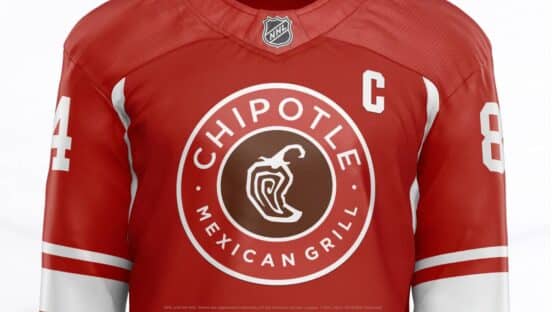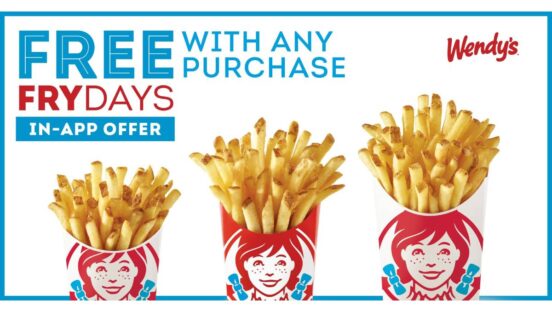Whether salty, savory, or sweet; high, low, or no calories, consumers are looking for snacks that have a perceived health benefit, reports The NPD Group, a leading global information company. Protein, natural, and no or less sugar are the health call-outs that consumers are most looking for when they eat a snack, which now may be in-between meals, at meals, or as a meal, based on NPD Group’s ongoing food consumption research.
This move towards snacking with a health benefit is being driven by the youngest generations—Generation Z, ages 0-23; Millennials, ages 24-37; and Generation X, ages 38-48; which together amount to the bulk of the population. Their positive attitudes about snacking, desire to eat more healthfully, and need for convenience are among the reasons for the growth in snacks with a perceived health benefit. Boomers, a large number of whom have health conditions, tend to watch for sodium and sugar content in snacks.
The three mega snack categories are better-for-you, savory, and sweet. Consumption of better-for-you snack foods, like fresh fruit, breakfast/sports bars, and yogurt, is up 14 percent since 2006, and is forecast to grow the fastest out of the three snack categories, according to NPD’s The Future of Eating: Who’s Eating What in 2018? report. Savory snacks, which includesalty snacks and dips, have increased in consumption by 4 percent since 2006, and is also forecast to grow. Consumers have lost their sweet tooth when it comes to snacking, but with more sweet snacks offering health benefits, the forecast shows consumption to stabilize over the next few years.
“Snacking today is a prevalent behavior and there is an opportunity in every snack category for manufacturers to call out the specific health benefits—from desirable ingredients to clean labeling,” says Darren Seifer, food and beverage industry analyst. “There is also a generational slant to take into account for each category when positioning and marketing snack foods.”








